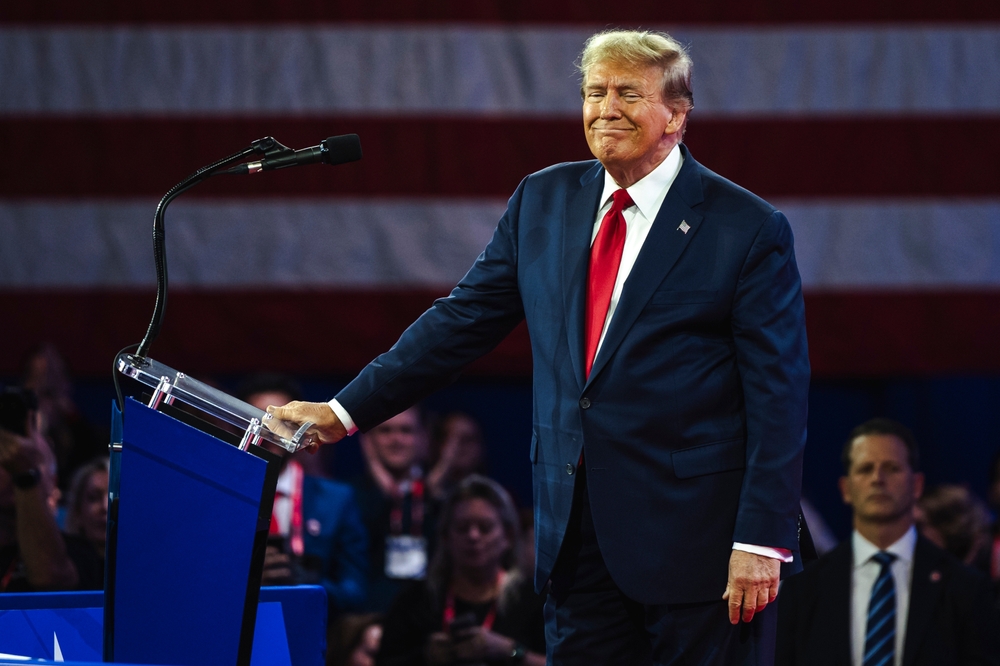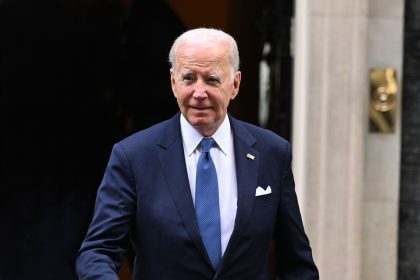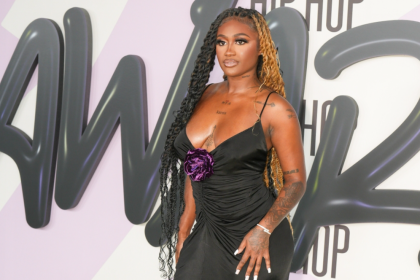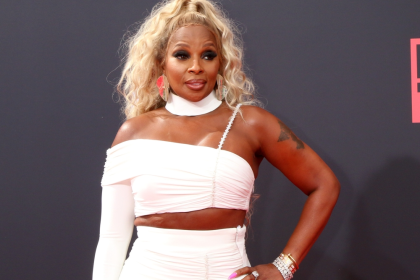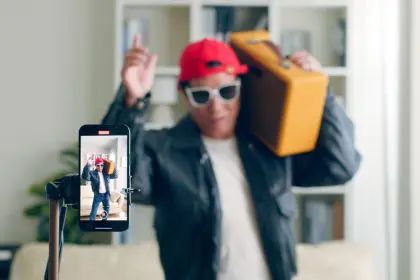Just when you thought the TikTok saga couldn’t get any more dramatic, Donald Trump has entered the chat. The former president just promised to save everyone’s favorite dance app from a looming ban, but there’s way more to this story than meets the eye. The platform that’s become a cultural phenomenon, reshaping how we consume content and connect with others, now finds itself at the center of a political showdown that could reshape the future of social media in America.
Here’s what went down
- TikTok briefly disappeared from our screens on January 18, sending millions of users into panic mode. The app went dark ahead of a federal ban scheduled for January 19, making everyone think this was really it. Users across the country found themselves staring at blank screens where their favorite content creators used to be, leading to a massive outcry across other social media platforms.
- But wait – plot twist! The app came back online the next day, and Trump announced he would swoop in with an executive order to keep TikTok running. ByteDance, TikTok’s parent company, couldn’t contain their excitement and practically sent Trump a virtual thank-you card. This unexpected turn of events left many wondering about the behind-the-scenes negotiations that must have taken place.
- Trump’s promise to save TikTok isn’t as simple as posting a Truth Social update. The federal law targeting the app came from both political parties working together, and it’s not something that can just be wished away. The bipartisan nature of the original legislation makes this situation particularly complex, as it represents a rare moment of agreement between Democrats and Republicans on tech regulation.
- Legal experts are scratching their heads over this one. Trump’s proposed executive order might not actually have the power to stop the ban. Some are even calling it straight-up “lawless,” which isn’t exactly a glowing review. The potential constitutional crisis this could create has legal scholars debating the limits of executive power and the role of presidential authority in overriding congressional legislation.
- TikTok is home to more than 170 million Americans and 7 million small businesses. These creators and entrepreneurs have built their livelihoods on the platform, and they’re caught in the middle of this political tug-of-war. From dance instructors to cooking enthusiasts, makeup artists to financial advisors, the platform has become an essential tool for connecting with audiences and building sustainable businesses.
- The irony? Trump’s previous policies helped create this mess in the first place. Now he’s positioning himself as TikTok’s unlikely savior, and people definitely have thoughts about that. The social media response has ranged from bemused to outraged, with users pointing out the contradictions in Trump’s stance on Chinese-owned technology companies.
- Mike Johnson, Speaker of the House, dropped an interesting hint about Trump’s real game plan. Apparently, the former president might be trying to broker a deal to get TikTok into American hands. But here’s the catch – the law only allows for an extension if there’s actually a real deal in the works. This potential solution could reshape the landscape of social media ownership in America and set precedents for future international technology acquisitions.
The global implications you need to know about
The TikTok controversy isn’t just an American issue. Countries worldwide are watching closely, as this situation could set precedents for how nations handle popular apps owned by foreign companies. The outcome could influence international tech policy, data privacy regulations, and the future of global social media platforms.
Chinese officials have already expressed concerns about the treatment of ByteDance and TikTok, suggesting that any forced sale could have broader implications for international business relations. This adds another layer of complexity to an already complicated situation, potentially affecting trade negotiations and diplomatic relations between the world’s two largest economies.
What happens next
The future of your FYP (For You Page) hangs in the balance. While Trump’s promise might sound reassuring to TikTok addicts everywhere, the reality is much more complicated. The platform’s fate now depends on a delicate dance between executive power, federal law, and potential American buyers.
The coming weeks will be crucial as various stakeholders navigate this complex situation. Congress may need to weigh in, legal challenges could emerge, and potential buyers might step forward. The outcome will likely influence not just TikTok’s future but also how America approaches technology regulation and national security concerns related to social media platforms.
The bottom line
This isn’t just about losing your favorite dance challenges or cooking tutorials. The TikTok ban and Trump’s response represent a larger battle over technology, national security, and international relations. As millions of Americans wait to see what happens next, one thing’s clear – this story is far from over.
The situation raises fundamental questions about data privacy, national security, and the role of social media in modern society. It challenges us to think about the balance between protecting national interests and maintaining the open, interconnected nature of the internet that has become central to contemporary life.
For now, TikTok remains online, but its future in America is about as certain as predicting which dance trend will go viral next. The platform’s predicament serves as a reminder of the increasingly complex relationship between technology, politics, and international relations in our interconnected world. As this situation continues to unfold, it’s clear that the implications will reach far beyond the app itself, potentially reshaping how we think about social media, national security, and international business relations for years to come. Stay tuned, because this saga definitely isn’t ending on a 60-second timer.

